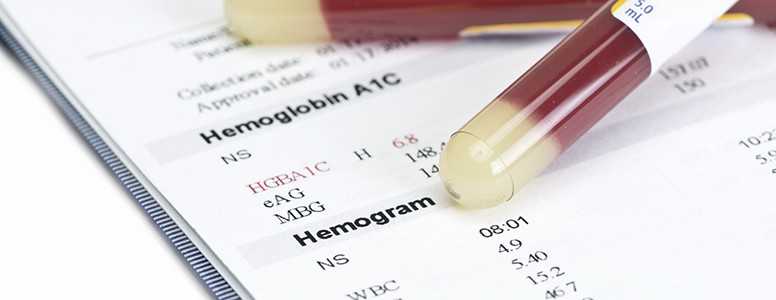HbA1c might not be the best metric to assess how effective treatment interventions are in people with type 1 diabetes and type 2 diabetes, according to new research.
HbA1c has been the traditional metric for establishing glycemic control since the Diabetes Control and Complications Trial (DCCT) in the early 1990s.
But Robert A. Vigersky, MD, medical director of Medtronic Diabetes, believes HbA1c leaves some unanswered questions about blood sugar.
“HbA1c is, I think, woefully inaccurate,” Vigersky told the American Association of Diabetes Educators annual meeting.
“It doesn’t tell you what the time in range is. It doesn’t tell you about frequency, duration or severity of hypoglycemia. It doesn’t tell you about the frequency, duration or severity of hyperglycemia. It doesn’t tell you about glycemic variability. And because of that, we’re in a dilemma.”
Vigersky stressed that a reliable composite metric should include HbA1c and hypoglycemia measurements, but also outcomes such as weight or even quality of life.
He pointed towards large trials such as ASPIRE and CANTATA, which both used composite metrics that were retrospectively applied to predict changes in hypoglycemia, weight or HbA1c.
“We have to present evidence to [regulators] to show that [a new metric] is meaningful,” Vigersky said. “I think that we can do that by applying these concepts retrospectively.
“We need to do better on behalf of our patients. I think, in the future, we’re going to have a multicomponent single value. It took 20 or more years for everyone to buy into HbA1c and understand what it represented.
“The great thing was the DCCT trial used HbA1c. Changing the conversation isn’t going to happen overnight, but unless we start to address it, it isn’t going to happen.”
What's new on the forum? ⭐️
Get our free newsletters
Stay up to date with the latest news, research and breakthroughs.




